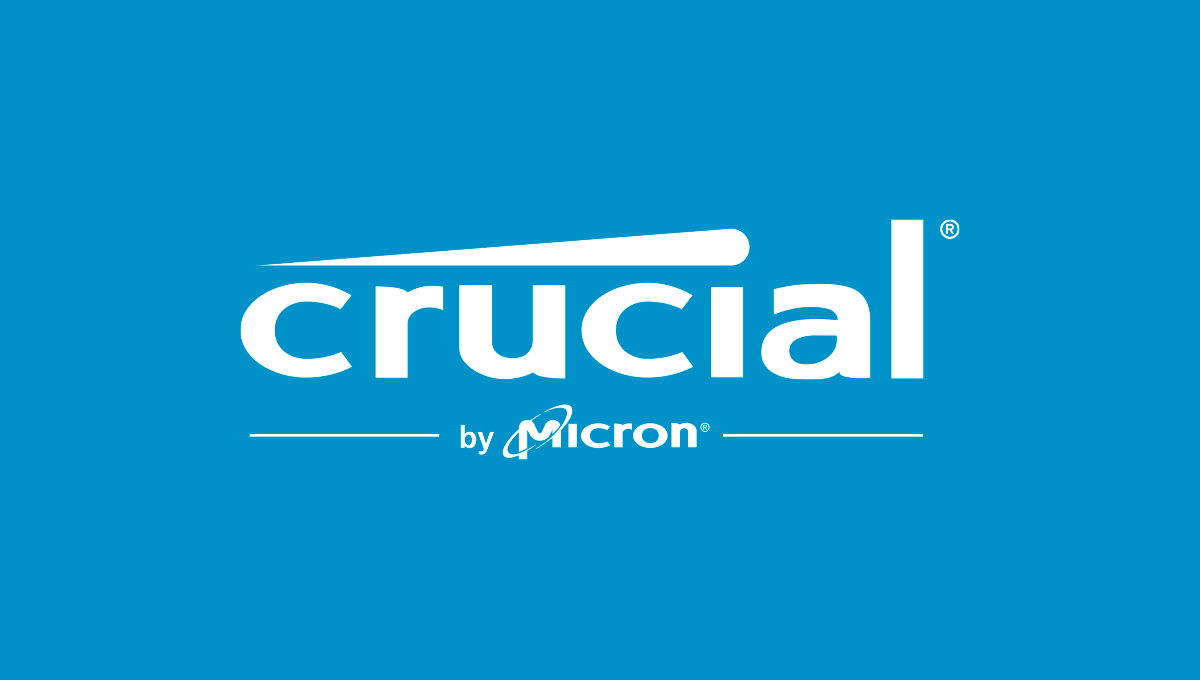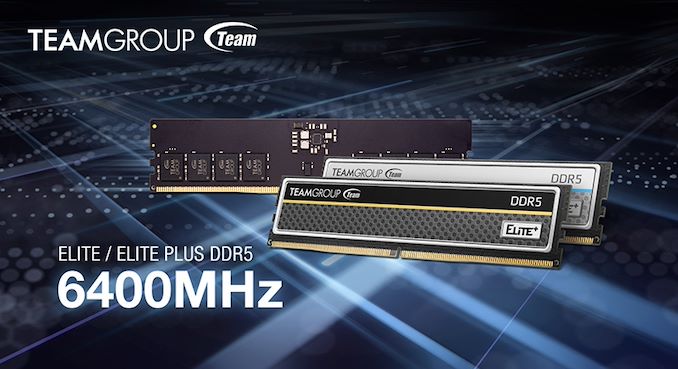Is there any evidence that memory training is needed on every boot up?
Here’s what Crucial has to say about it:
A small number of DDR5 systems and motherboards require a period of "training" newly installed memory to work with the system and allow access to the UEFI, or otherwise to complete the system's power-on self-test (POST).

www.crucial.com
”A small number of DDR5 systems and motherboards require a period of "training" newly installed memory to work with the system and allow access to the UEFI, or otherwise to complete the system's power-on self-test (POST).
[…]
After this process is complete, future reboots will not require this wait [training], unless hardware is changed again in the future or other modifications are made in the system's BIOS or UEFI, in which case another delayed startup for this process may be seen.”




